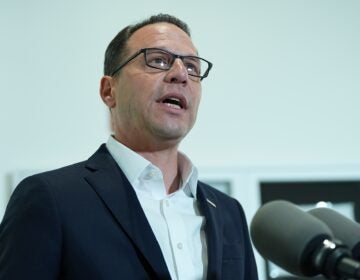Snowden’s asylum in Russia puts Obama and U.S. in a bad situation
The fugitive National Security Agency leaker Edward Snowden has been granted asylum in Russia after five weeks stranded in the international arrivals area at the Moscow airport. Everyone knows that decision had to be made at the top by Russian president Vladimir Putin. In doing so, Putin has chosen to defy the United States, which is trying to apprehend Snowden to face criminal Espionage Act charges for unauthorized communication of national defense information and classified intelligence.
The U.S. government was reportedly not even consulted by Russia about its decision to grant asylum to Snowden. President Obama now must decide whether or not to cancel the summit meeting with Putin scheduled for September in Moscow. He’s going to be in Russia that month anyway for the G20 meeting in St. Petersburg.
I think Obama has to cancel the bilateral summit meeting, the sooner the better. To fly into Moscow airport where Edward Snowden resided and received asylum would be humiliating for the U.S. president. To be photographed shaking hands with Putin, as though nothing had happened, would be a visual demonstration of U.S. weakness and Russian strength. Proceeding with the summit would be a terrible political mistake for Obama, and an embarrassment for the U.S.
Cancellation of the summit will damage U.S.-Russian relations. But that relationship is already damaged. The two nations are on opposite sides in the Syrian civil war, and have had strained relations on many other issues. While Snowden’s American supporters are worried that NSA surveillance is suggestive of a police state, Russians know what it means to live in a real police state, where political dissidents are harassed and assaulted and murdered.
Until Russia chooses to cooperate with the U.S. on the leaker Snowden and other matters like Syria, the U.S. will have to accept a deteriorating relationship with Russia and act accordingly. We can strengthen relations with nations trying to live independently in Russia’s shadow, including the Baltic republics and Georgia. We can expand the list of Russian officials prohibited from entering the U.S. under the 2012 Magnitsky Act, named for a Russian lawyer who died in prison in 2009 after investigating fraud by Russian officials. We could even support the boycott of the 2014 Winter Olympics in Sochi, Russia, which is being proposed by gay rights groups in protest against Russian law criminalizing homosexual behavior.
Russia’s president Putin has chosen a course of confrontation rather than cooperation with the United States. We must accept and adapt to his decision.
WHYY is your source for fact-based, in-depth journalism and information. As a nonprofit organization, we rely on financial support from readers like you. Please give today.




